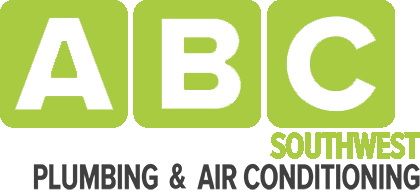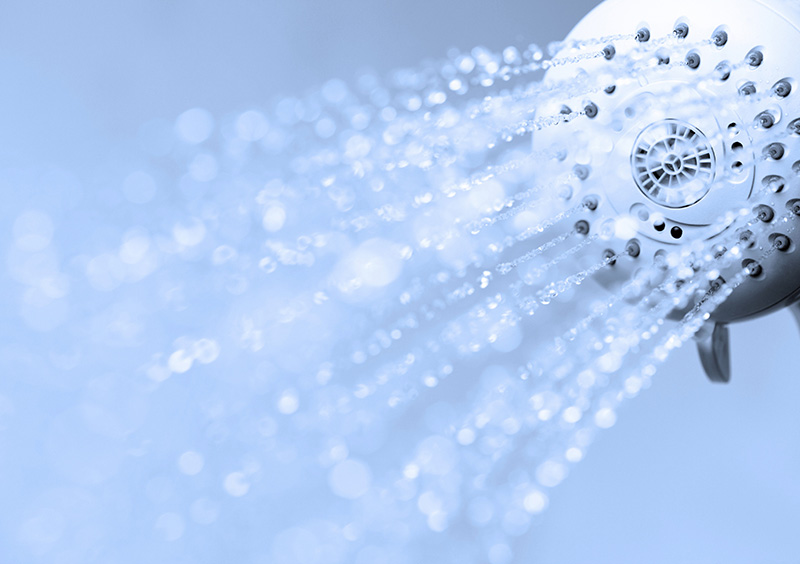How Hard Water Can Cause Problems With Your Home’s Plumbing System
Hard water can cause problems for homeowners in both increased energy usage and a shortened lifespan of appliances. The two minerals most commonly found in hard water, calcium and magnesium, make heating water less efficient. It requires more energy to heat mineral heavy water compared to clear, purified water.
Hard water can also cause limescale build-up, drastically restricting the water flow in your pipes. Steel pipes are the most prone to this problem, copper and PVC are not as susceptible to limescale build up. Over time this scale build up can lower water pressure in your home’s plumbing, eventually leading to costly damage to pipes and plumbing fixtures. As the flow in pipes becomes more restricted, the limescale buildup will happen at a faster rate.
The areas that you may first notice mineral build up are in areas around shower heads, plugs, faucets and valves. Slowly dripping faucets can cause scale build up on sink surfaces and could damage the rubber washers that are required to keep the mechanism water tight. If this occurs, the washers can sometimes be difficult to replace.
Valves that are found in various appliances, such as ice-makers, washing machines and dishwashers can also end up with scale build-up. If small amounts of limescale build up around the valves, they may not be able to completely close, which can allow water to leak.
Hard Water and Water Heaters
Heating elements in water heaters can also quickly form mineral deposits. When there is limescale between the heating element and the water it will act as a barrier, preventing the water from heating up efficiently and causing the burners to work overtime. Mineral deposits from hard water can also dramatically reduce the lifespan of a water heater by clogging pipes, valves and drains.
Have questions about hard water in hour home? Call ABC Southwest Plumbing & Air Conditioning, we’re here to help.
Neighbors Are Saying About ABC






